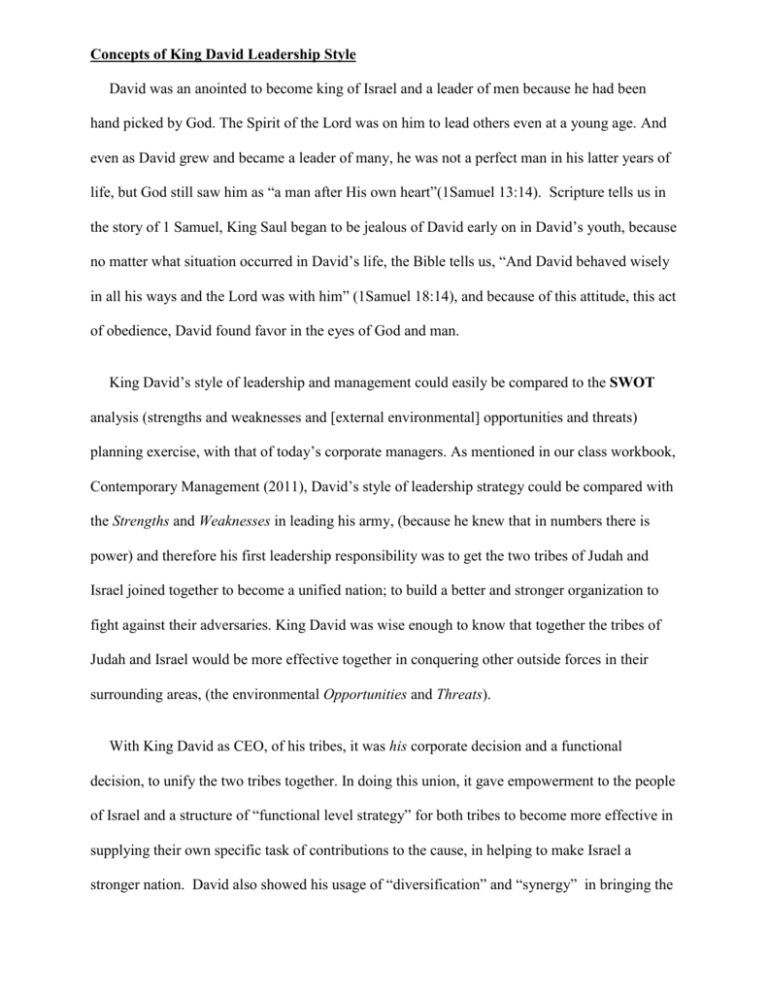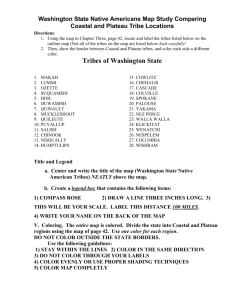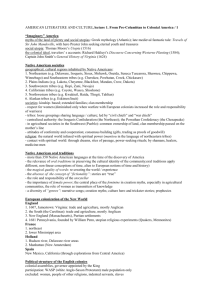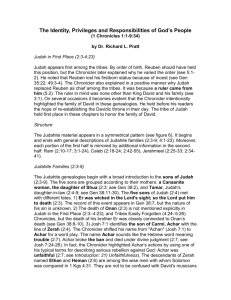King David Leadership Style - team-acme
advertisement

Concepts of King David Leadership Style David was an anointed to become king of Israel and a leader of men because he had been hand picked by God. The Spirit of the Lord was on him to lead others even at a young age. And even as David grew and became a leader of many, he was not a perfect man in his latter years of life, but God still saw him as “a man after His own heart”(1Samuel 13:14). Scripture tells us in the story of 1 Samuel, King Saul began to be jealous of David early on in David’s youth, because no matter what situation occurred in David’s life, the Bible tells us, “And David behaved wisely in all his ways and the Lord was with him” (1Samuel 18:14), and because of this attitude, this act of obedience, David found favor in the eyes of God and man. King David’s style of leadership and management could easily be compared to the SWOT analysis (strengths and weaknesses and [external environmental] opportunities and threats) planning exercise, with that of today’s corporate managers. As mentioned in our class workbook, Contemporary Management (2011), David’s style of leadership strategy could be compared with the Strengths and Weaknesses in leading his army, (because he knew that in numbers there is power) and therefore his first leadership responsibility was to get the two tribes of Judah and Israel joined together to become a unified nation; to build a better and stronger organization to fight against their adversaries. King David was wise enough to know that together the tribes of Judah and Israel would be more effective together in conquering other outside forces in their surrounding areas, (the environmental Opportunities and Threats). With King David as CEO, of his tribes, it was his corporate decision and a functional decision, to unify the two tribes together. In doing this union, it gave empowerment to the people of Israel and a structure of “functional level strategy” for both tribes to become more effective in supplying their own specific task of contributions to the cause, in helping to make Israel a stronger nation. David also showed his usage of “diversification” and “synergy” in bringing the tribes together in expanding the manpower of skills and fighting units, by coordinating the two tribes of people together to bring more value to their winning each battle. David’s success in leading men in battle was successful because David followed the instructions of God. Nonprogrammed Decision Maker In the times that King David lead his followers, there were no rules or doctrines that were written, “by laws”, for him to follow, David had to lead by the Spirit of God to do what he thought was right, in his heart. For another style of his leadership strategy, David was a “nonprogrammed decision maker”. He did not have a basic set of rules and regulations to follow in how to lead his men into battle, nor did he know the outcome of what would happen when he united the two nations (tribes) to fight together for Israel. In our Contemporary Management workbook, it says “Nonprogrammed decisions are made in response to unusual or novel opportunities and threats. Nonprogrammed decision making occurs when there are no readymade decision rules that managers can apply to a situation” (Jones & George, 2011, p 216). The decision to become king of Israel was not David’s choice, he was mandated by God to fill the position of king Saul who had drawn a deaf ear to the obedience of God’s instructions. David had to lean on the Spirit of God and his own courage to lead and rule as king of Israel. Though not a perfect man, King David did posses some good leadership skills because his life depended on the leadership of God’s voice. REFERENCES Jones, G.R. & George, J.M. (2011), Contemporary Management, McGraw-Hill Irwin, New York, NY Maxwell, J.C., 2002, , The maxwell leadership bible; lesson in leadership from the word of God ,Maxwell Motivations, Inc.










